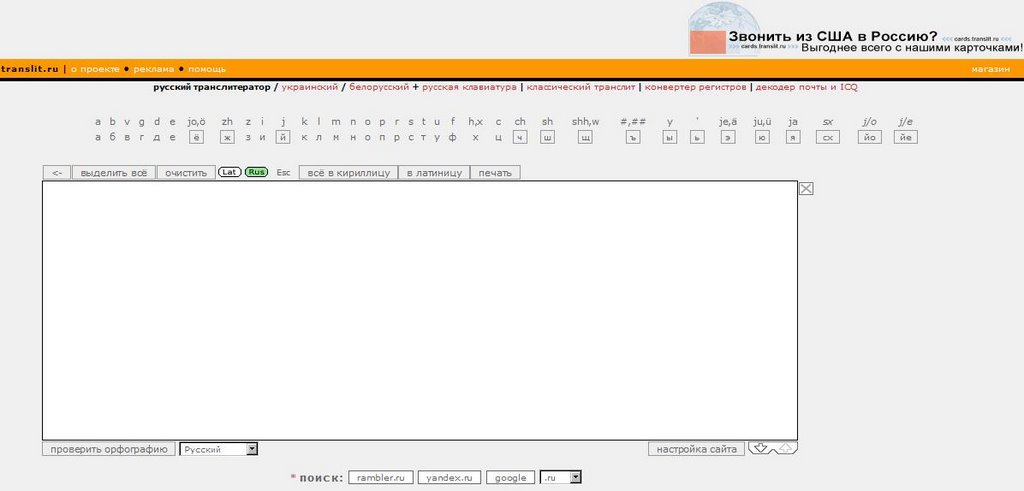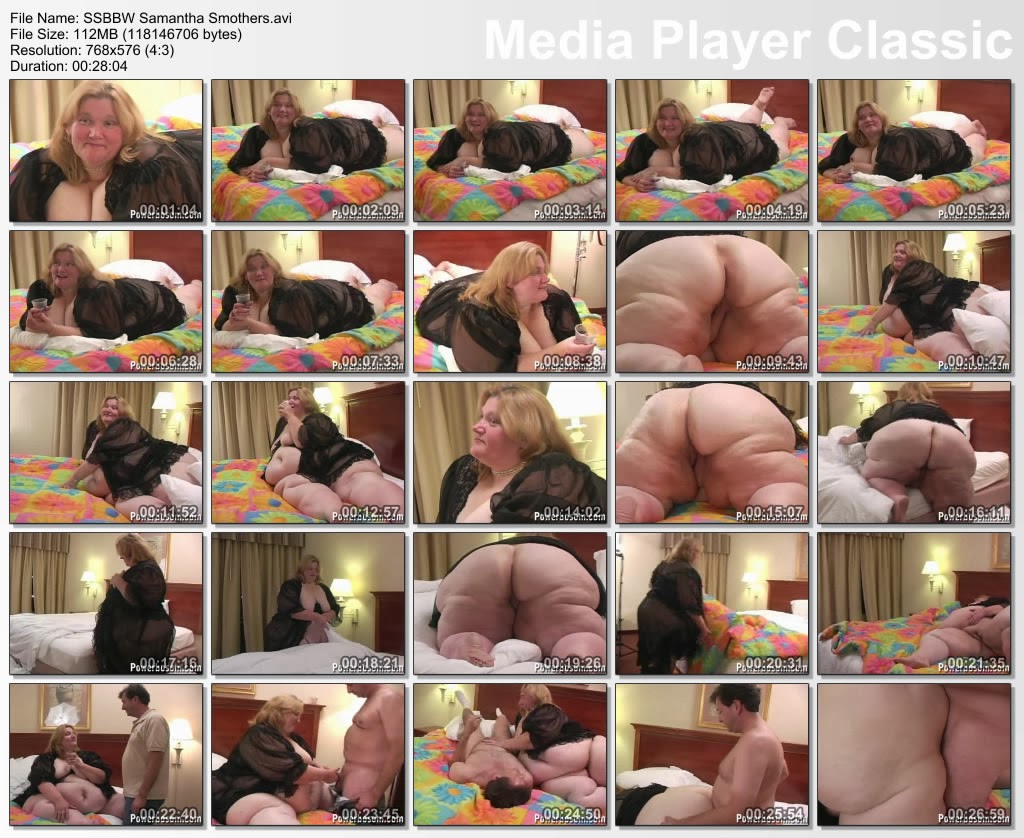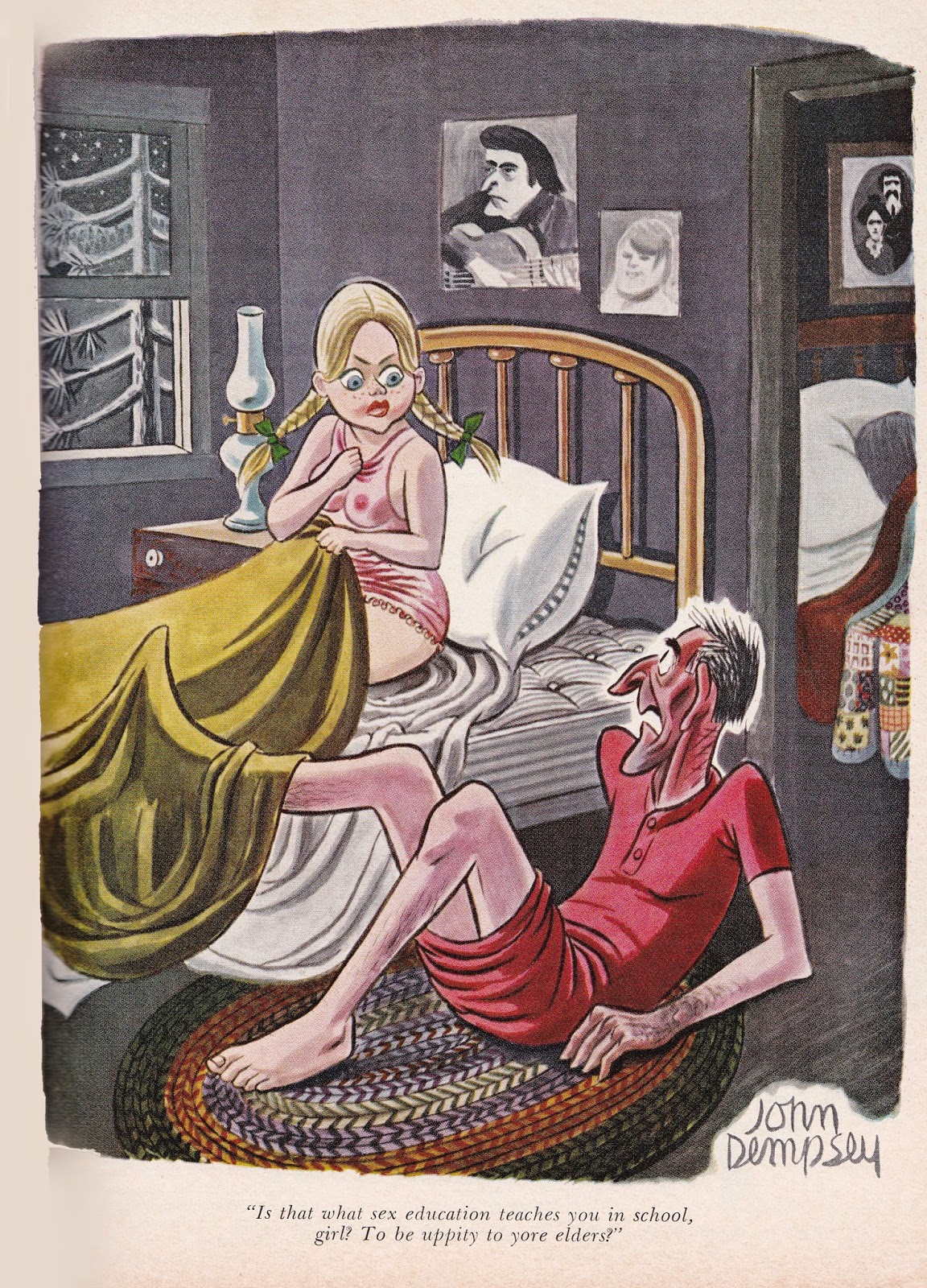
April 2018 MediaWiki:Gadget-TranslationAdder-Data.js, Teochew and Taishanese []. zhx-teo and zhx-tai need to be added to MediaWiki:Gadget-TranslationAdder-Data.js so that translations will be nested.
The romanization of Korean is a system for representing the Korean language using the Latin script.Korea’s alphabetic script is called Hangul, and is occasionally written using the combination of, or independently from Hanja (Chinese characters).

Would you all be amenable to this? Is there anything you’d like to do differently? For example, should we indicate on the page somewhere that this is an obsolete (or at least archaic) historical spelling?



April 2018 MediaWiki:Gadget-TranslationAdder-Data.js, Teochew and Taishanese []. zhx-teo and zhx-tai need to be added to MediaWiki:Gadget-TranslationAdder-Data.js so that translations will be nested.
My solution below was slightly incorrect, so here is the correct version (I posted at the end of a long day, never a good idea!) Again, this is a quick and dirty solution to stop mb_convert_encoding from filling your string with question marks whenever it encounters an character for the target encoding.


Idu (이두, hanja : 吏 讀, meaning official’s reading) is an archaic writing system that represents the Korean language using hanja.The term “idu” is used in two senses. It may refer to various systems of representing Korean phonology through Chinese characters called hanja, which were used from the early Three Kingdoms to Joseon period
Idu (이두, hanja : 吏 讀, meaning official’s reading) is an archaic writing system that represents the Korean language using hanja.The term “idu” is used in two senses. It may refer to various systems of representing Korean phonology through Chinese characters called hanja, which were used from the early Three Kingdoms to Joseon period


The romanization of Korean is a system for representing the Korean language using the Latin script.Korea’s alphabetic script is called Hangul, and is occasionally written using the combination of, or independently from Hanja (Chinese characters).
A list of every Word of the Year selection released by Dictionary.com. Dictionary.com’s first Word of the Year was chosen in 2010.
My solution below was slightly incorrect, so here is the correct version (I posted at the end of a long day, never a good idea!) Again, this is a quick and dirty solution to stop mb_convert_encoding from filling your string with question marks whenever it encounters an character for the target encoding.

Recent Comments